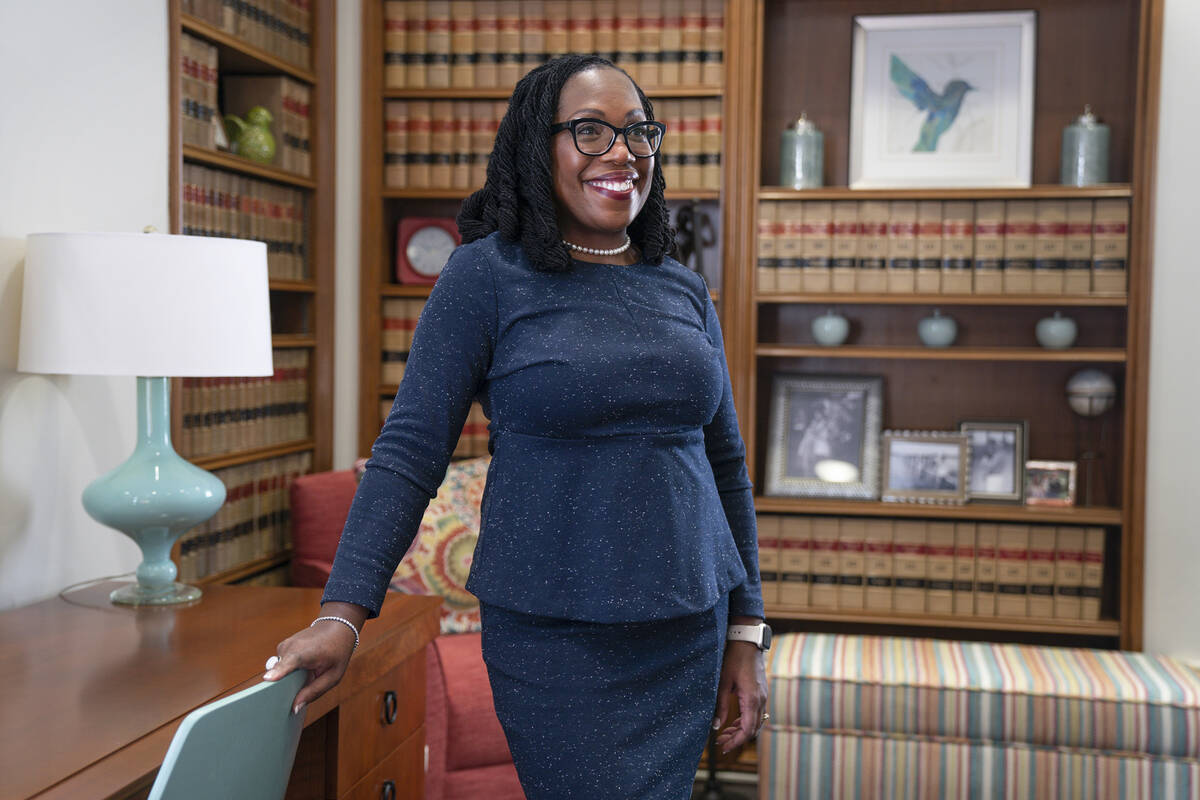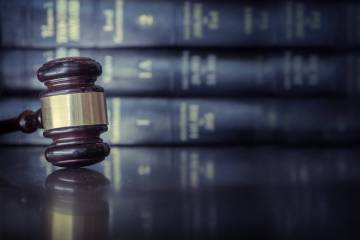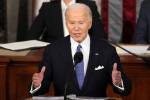EDITORIAL: Justice frets that First Amendment hamstrings government
The newest member of the U.S. Supreme Court can’t be described as a First Amendment absolutist. Let’s hope her view doesn’t resonate with her colleagues.
On Tuesday, the justices heard a Missouri case regarding social media censorship. At issue is whether the federal government coerced social media companies into suppressing certain content and whether that would constitute an affront to free speech protections.
Many of the justices seemed skeptical that the Biden administration’s strong-arm tactics amounted to a violation of the Constitution.
During oral arguments, Justice Ketanji Brown Jackson seemed especially sympathetic to the government’s position, arguing that the court has previously upheld speech restrictions if they are narrow and advance a compelling state interest. She told attorneys for Missouri, “So my biggest concern is that your view has the First Amendment hamstringing the government in significant ways in the most important time periods.”
But that’s precisely the point. The Bill of Rights exists precisely to “hamstring” government in all manner of ways.
The Second Amendment restricts the government’s ability to infringe on the right to keep and bear arms. The Fourth Amendment imposes restrictions on state efforts to conduct searches and seizures. The Fifth Amendment imposes rules on government prosecutions and protects private property from state overreach. The Sixth Amendment prevents the state from holding Star Chamber legal proceedings. The Eighth Amendment outlaws certain criminal and civil punishments.
Likewise, the First Amendment prevents Congress from “abridging the freedom of speech, or of the press; or the right of the people peaceably to assemble, and to petition the government for a redress of grievances.”
All of these restrictions — and many more — “hamstring” state actors in an effort to protect the rights, freedoms and liberties of U.S. citizens. This should be celebrated, not a cause for concern.
Free speech advocate Eugene Volokh, a UCLA law professor, notes that, while the court in recent decades “has been extremely skeptical when the government, acting as sovereign … tries to suppress speech based on its content,” some justices preceding Justice Jackson have also argued “in favor of allowing restrictions when the government’s needs appear especially urgent.”
Justice Jackson has been on the court for fewer that two years. It’s no secret that she leans left, but her philosophy of law regarding the Bill of Rights will be more firmly constructed in the coming years. But it is noteworthy in a discouraging way if she has indeed telegraphed that she’s willing to embrace additional exceptions to the limitations our founders imposed on state power.




























